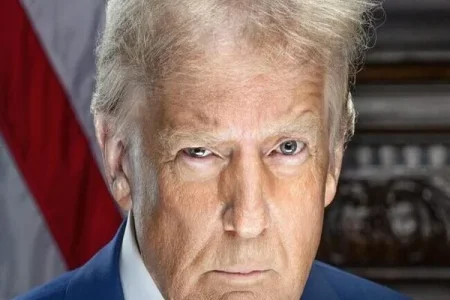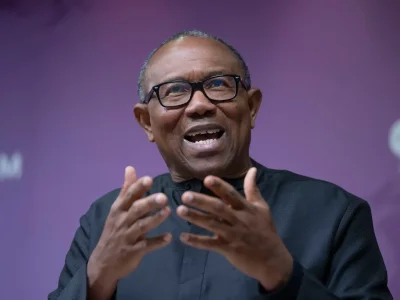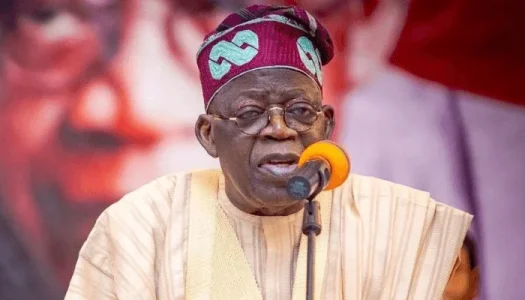
President Trump announces a 14% tariff on imports from Nigeria as part of a broader global tariff strategy. This new policy follows concerns over trade imbalances and is aimed at restoring U.S. economic dominance. The move raises tensions in global markets, affecting trade relations with over 60 countries.
In a major move to reshape global trade dynamics, President Donald Trump announced sweeping tariffs on all imports into the United States on Wednesday, imposing a 14% tariff specifically on Nigeria. This decision follows years of escalating trade tension and seeks to assert America's position as the dominant economic power in the world.
According to the Observatory of Economic Complexity (OEC), Nigeria exported over $6 billion in goods to the U.S. in 2023, primarily crude petroleum, petroleum gas, and nitrogenous fertilizers. Despite a modest increase in trade with the U.S. over the past five years, the announcement of this tariff sent shockwaves through global markets, pushing stocks lower and raising concerns over the possibility of a trade war. The tariff, part of Trump's broader plan to impose a "baseline" 10% duty on imports, also targets over 60 countries, including China, India, and South Korea, with varying rates depending on each country's trade practices.
Trump's executive order, which was signed immediately following his address, mandates specific tariffs on foreign-made automobiles, with a 25% levy on cars set to take effect shortly. Despite criticism from international leaders, Trump maintained that the move was necessary to safeguard American economic interests and called for reciprocal actions from foreign nations.
In retaliation, Trump singled out Nigeria, which currently applies a 27% tariff on U.S. imports, and imposed a 14% retaliatory tariff, signaling a hard stance on global trade imbalances. As global markets brace for the impacts, this new tariff regime raises questions about the future of international trade and diplomatic relations.




